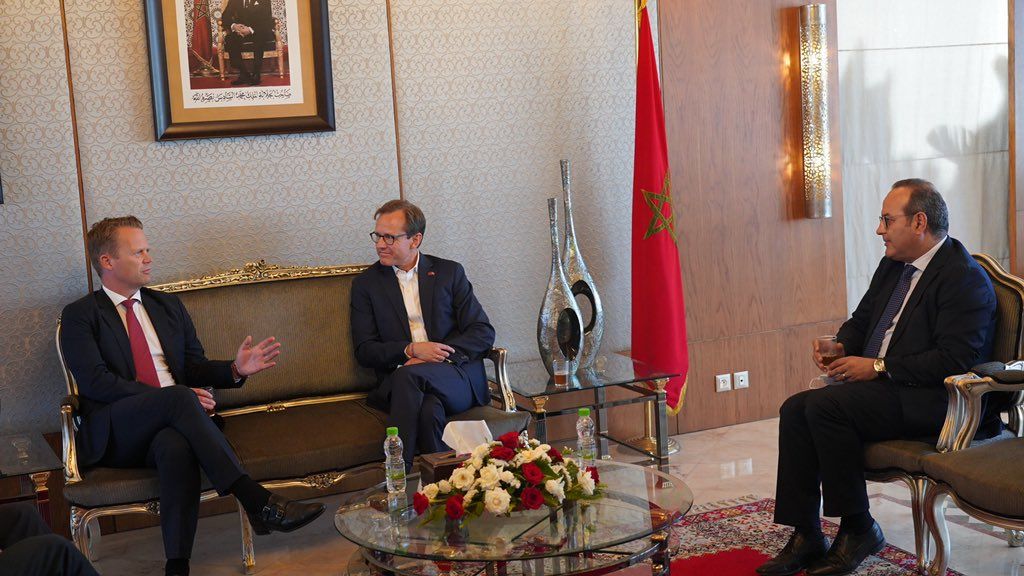The foreign minister, Jeppe Kofod, is visiting Morocco this week in a bid to bolster co-operation across several parameters.
Kofod underlined that one of the key areas of focus during talks will be migration – particularly given that many migrants pass through north Africa on their way to Europe.
“The government is working to create a more just and humane asylum system. The current system is a failure,” said Kofod.
“The migration pressure on Europe generates huge challenges in Europe, as well as in departure and transit countries. So stronger international co-operation is required to tackle the reasons for irregular migration.”
READ ALSO: Denmark joins European co-operation to curb irregular migration
A DAPPer kind of aid
The visit is part of Denmark’s bilateral partnership with countries in north Africa, which is underpinned by co-operation within the realms of job creation, trade, migration and the green transition.
According to Kofod, Denmark hopes to strengthen the aforementioned areas via the Danish-Arab Partnership Programme (DAPP).
With a budget of 1 billion kroner (250 million to Morocco), the DAPP aims to improve conditions in its partner countries.
Among the DAPP projects in Morocco is a COVID-19-related effort that focuses on creating basic health services for vulnerable women and girls.
















